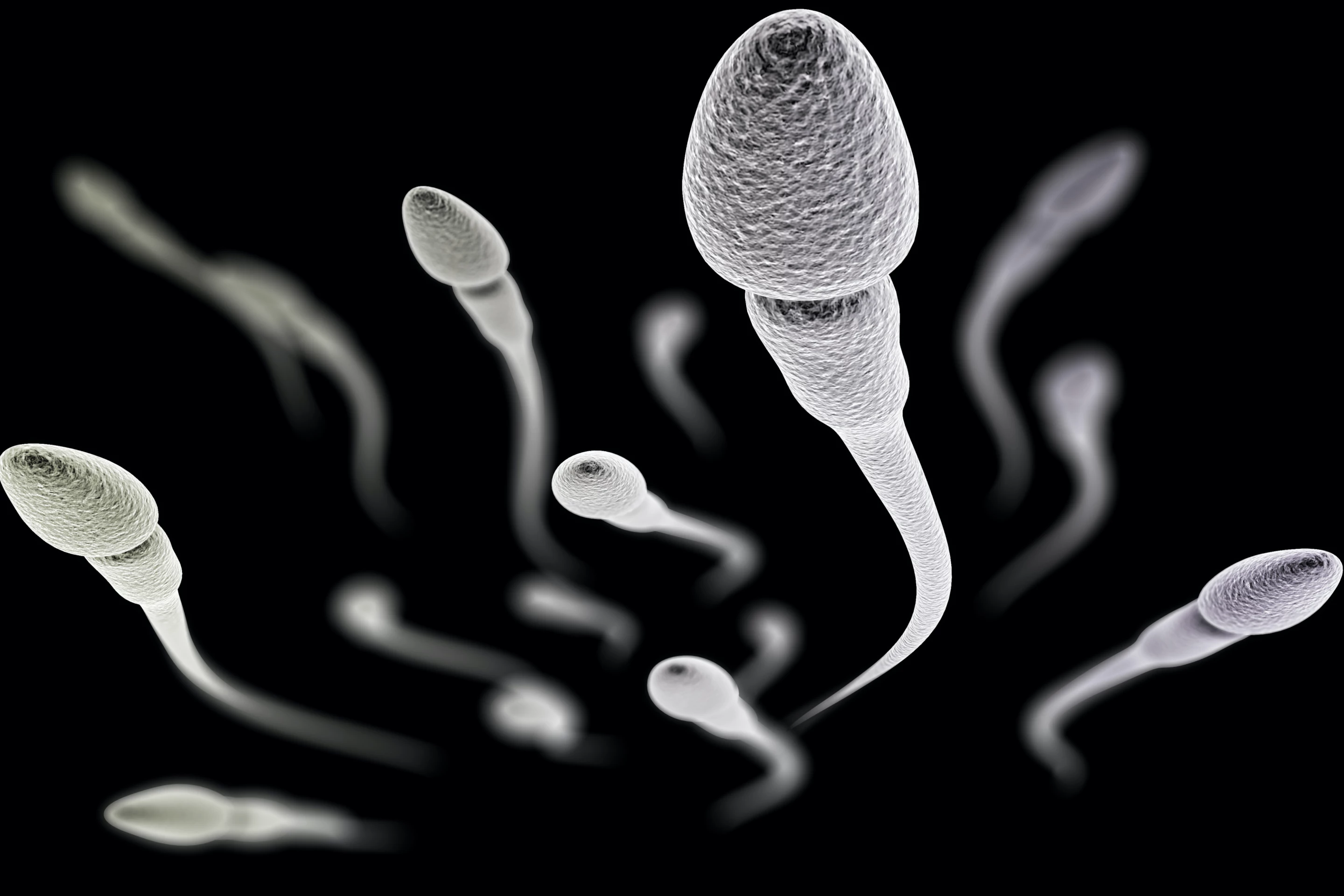When it comes to contraceptives, men typically have to remember to use a condom, or get a difficult-to-reverse vasectomy. There may soon be a new option, however, in the form of injected particles that are magnetically guided to the testes.
In the past, scientists have experimented with thermally conductive nanomaterials that were injected directly into the testes and then heated by an external source. The testes themselves also heated up in the process, causing the sperm in them to die and the production of new sperm to temporarily cease.
Needless to say, though, receiving an injection in that particular part of the body is not a pleasant experience. Additionally, heating of the area can damage the skin, plus most of the materials tested so far have not been biodegradable. This means they remain in the testes indefinitely, permanently making them more susceptible to overheating even when a pregnancy is desired.
Seeking a less painful, non-permanent alternative, scientists from China's Nantong University have instead looked to iron oxide nanoparticles coated with citric acid. Those particles were injected into the bloodstream of male mice for two days, then guided to the testes using external magnets.
The nanoparticles were subsequently subjected to an externally applied alternating magnetic field for 15 minutes. This caused them to heat up, raising the temperature of the testes to 104 ºF (40 ºC). As a result, the mice were incapable of impregnating females for the next seven days. They regained the ability to do so within 60 days of the treatment, though, once their sperm count returned to normal.
Importantly, the nanoparticles were found to be non-toxic to the animals' cells, and they were gradually eliminated from their bodies over time.
A paper on the research was recently published in the journal Nano Letters.
Source: American Chemical Society




